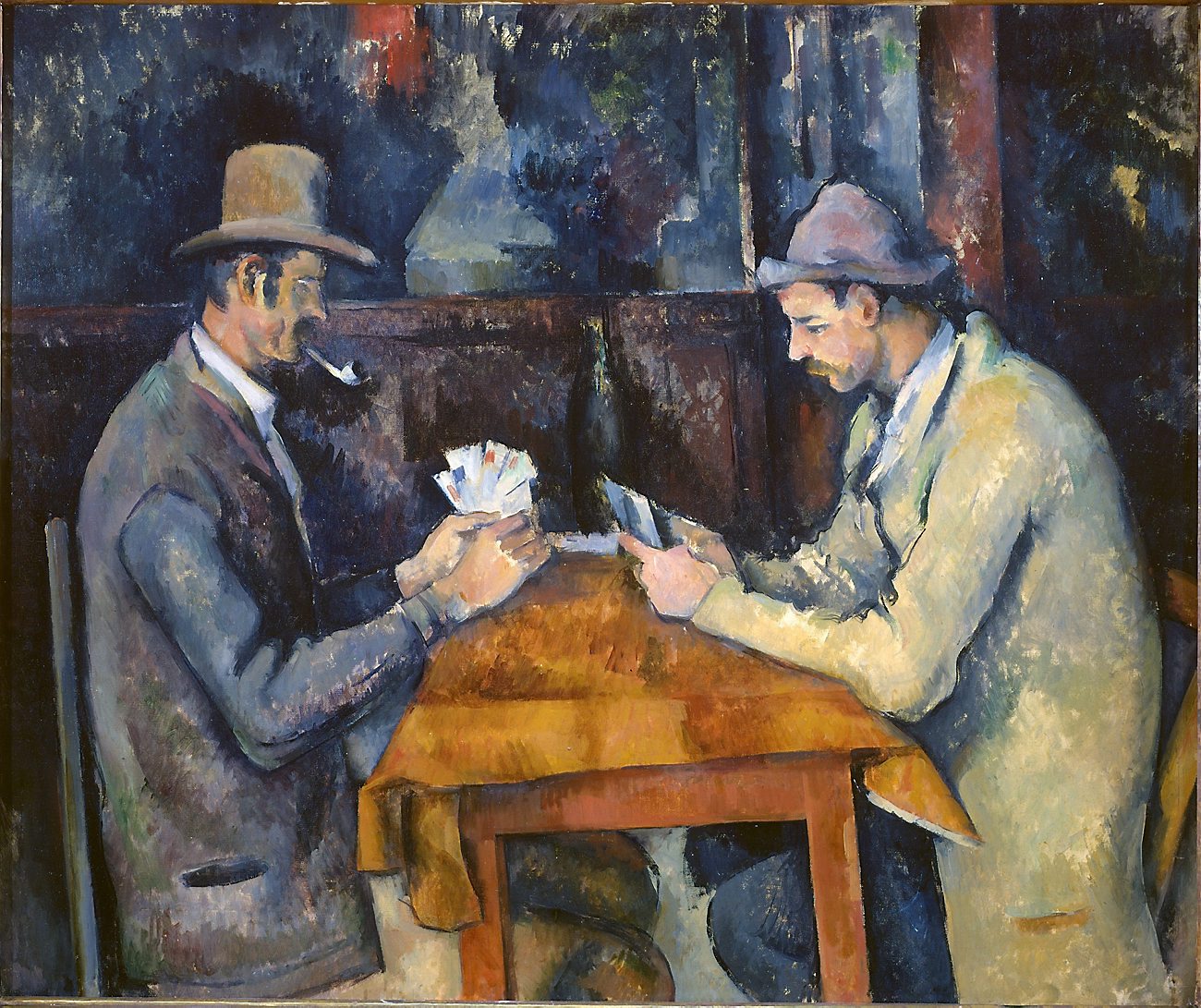Game Theory
This series started 18 March, but one can still come to the last lecture.
Game Theory, which revolves around mathematical models of conflict and competition, plays an increasingly important role in many branches of science, such as economics, biology, computer science, psychology, political science and law. The societal relevance of Game Theory is illustrated by the fact that quite a few game theorists have been awarded the Nobel Prize in Economics, like for example Lloyd Shapley and Alvin Roth in 2012. In these lectures we introduce the basic concepts, examine applications in several areas, and discuss experimental studies on decision-making.

The individual lectures
1. Introduction to Game Theory
(18 Mar / Thuijsman)
We look at the basic models of strategic competition and of fair division.
2. Game Theory and Networks (25 Mar / Harks)
Have you been in a traffic jam lately? What are the reasons for traffic congestion and how can we avoid them? In this lecture we introduce a basic game-theoretic model that helps to explain and predict traffic flows occurring in practice.
3. Game Theory and Matching (8 Apr / Can)
This lecture is about how to match agents in markets, and how to design markets efficiently even in the absence of money.
4. Experimental and Behavioral Game Theory: from homo economicus to homo sapiens
(15 Apr / Riedl)
Game Theory has been developed and often successfully applied assuming that 'players' are homines economici meaning that they are hyper rational and narrowly selfish. The advent of Experimental Game Theory has shown however that human players often act irrationally and less selfishly than predicted. This challenged traditional game theoretic analysis led to the new exciting field of Behavioral Game Theory which takes human short comings into account. In this lecture the audience will be actively involved in Experimental Game Theory, experiencing human pitfalls and biases in strategic decision making. The experimental results will be used to demonstrate some of the new developments in behavioral game theory to explain and predict human behavior.
Also read
-
02 Sep15:30 - 17:00
Opening Academic Year 2024/25
On Monday 2 September, from 15.30 to 17.00, we will celebrate the opening of the academic year 2024/25 at Theater aan het Vrijthof.
-
12 Oct09:30 - 16:30
Bachelor's Open Day
Find out more about one of the most international universities in Europe, experience our unique approach to teaching and immerse yourself in your programme of choice.
-
09 Nov09:30 - 15:00
Master’s Open Day
We hope to welcome you on campus at our next Master's Open Day and give you a good impression of what studying at Maastricht University is all about.